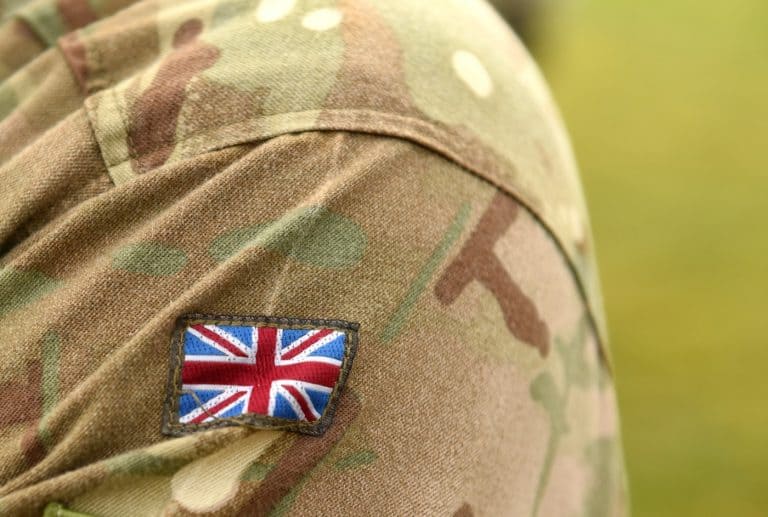Army criticised for targeting vulnerable teenagers
The British Army has been criticised for its use of social media recruitment campaigns to target 16-year-olds receiving their GCSE results.
The charity Child Soldier International have revealed that the MoD used paid-for Facebook adverts to suggest that a career in the armed forces was still available to those who failed to get the grades they hoped for.
Between 2015 and 2017 the MoD ran 578 recruitment adverts on Facebook. One advert, which ran just before GCSE results day in August 2015 read:
“No matter what your results will be, you can still improve yourself in the army.”
It was accompanied by an image of two soldiers on a quad bike riding through surf on a shingle beach.
The adverts have caused some controversy and concern. Rachel Taylor, the Director of programmes at Child Soldier International said:
“Targeting army advertisements at teenagers when they are stressed and vulnerable is abhorrent. These adverts prove once again that the MoD is deliberately targeting children at the lowest limit of the legal recruitment age to fill the lowest qualified, least popular and hardest-to-recruit army roles.”
A British Army spokesperson said:
“As the UK’s largest provider of apprenticeships the army is proud to offer all education leavers the opportunity to better themselves while enjoying an army career.”
Should the recruitment age be raised?
The UK is one of only 46 countries who recruit under-18s and the only European country to allow people to join the Army at 16. British soldiers cannot be sent to war zones until they are 18 years old.
A report recently released by Child Soldiers International claims that young people considering a military career are faced with misinformation, weak consent arrangements, routine ill-treatment during training, and an unacceptable risk of mental health problems. This report looked into the recruitment of teenagers in several countries, including the UK, and concluded that there was a common theme of targeting teenagers from poorer backgrounds.
I have written previously on calls to raise the recruitment age in the UK to 18:
The armed forces provide significant opportunities for many young people looking to build a career. However, young recruits are also more likely to suffer physical and psychological harm. A recent example, which was widely publicised, involved a series of allegations of violent behaviour made against staff at the Army Foundation College (AFC) in Harrogate between 2014 and 2017:
https://www.bbc.co.uk/news/uk-england-york-north-yorkshire-43035350
The armed forces have a duty not to manipulate or misinform. Young people should be able to make an informed decision when they enlist and this means being given a realistic picture of what a military career entails. Once they have made the decision to enlist, every practical step should be made to ensure that they are properly protected to minimise the potential risk of physical or psychiatric harm.
As we approach the end of another exam season, I hope that careful consideration is given to the recruitment of young people now and in the future and that the promises of opportunity and self-improvement can be balanced with an open and realistic message of the challenges of army life. Our young recruits deserve better.










